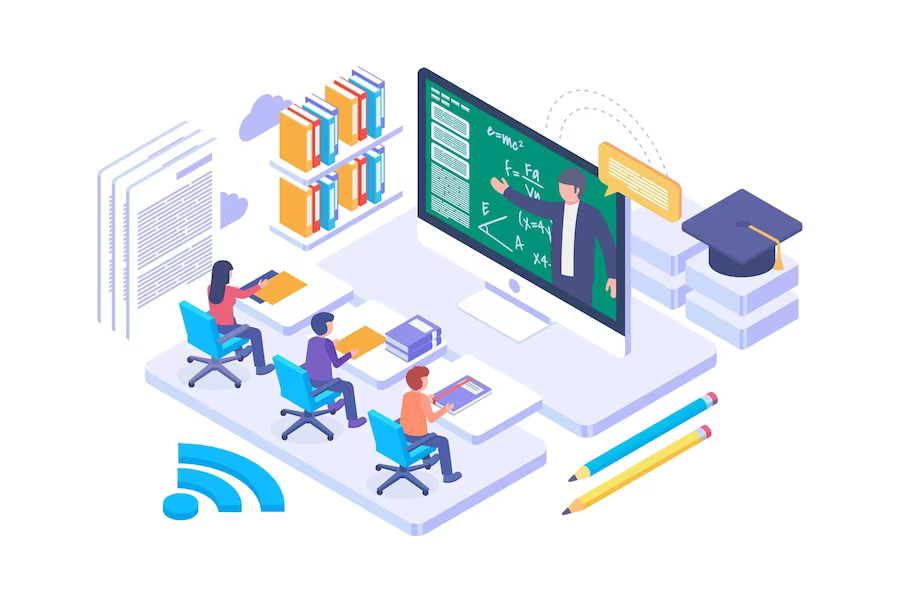Enterprise resource planning (ERP) software is a type of business management software
that helps organizations automate and manage core business processes. ERP software
for school management is a specific type of ERP software that is designed to meet
the needs of educational institutions. It is a comprehensive system that integrates
various functions and processes within an educational institution into a single
platform. It helps streamline operations, improve communication, enhance efficiency,
and provide data-driven insights for better decision-making.
The fundamentals of ERP software for school management include:
1. Modules and Features:
ERP software for school management consists of various interconnected modules, each dedicated to a specific function. Common modules include:
Student Information System (SIS): Manages student data, including admissions, enrolment, attendance, grades, and personal information.
Human Resources Management (HRM): Handles staff-related tasks such as payroll, attendance tracking, recruitment, and performance evaluations.
Finance and Accounting: Manages financial operations, including fee collection, budgeting, and expense tracking and generating financial reports.
Inventory and Asset Management: Tracks school assets, such as computers, furniture, and other equipment, and manages inventory for supplies.
Timetable and Scheduling: Creates and manages class schedules, exams, and other events to optimize resource utilization.
Library Management: Tracks library resources, borrowing and returning of books, and manages cataloguing and reservations.
Communication and Collaboration: Provides tools for internal and external communication, such as parent-teacher communication portals and messaging systems.
Admissions and Enrolment: Streamlines the admissions process, from application submission to enrolment, and manages waiting lists and offers.
Examination Management: Facilitates exam scheduling, grading, result publishing, and performance analysis.
Transportation Management: Manages school bus routes, schedules, and student transportation information.
2. Centralized Database:
An ERP system centralizes data from various departments and operations, ensuring data accuracy, consistency, and security. This eliminates redundant data entry and the need for separate systems for different functions.
3. Automation and Workflow Streamlining:
ERP software automates routine administrative tasks, reducing manual effort and minimizing errors. Workflows are streamlined, enabling efficient processes from admissions to graduation.
4. Data Analytics and Reporting:
ERP systems provide data-driven insights through customizable reports and dashboards. Schools can analyse student performance, financial trends, and operational efficiency to make informed decisions.
5. User Roles and Access Control:
ERP software assigns different roles and permissions to users, ensuring that only authorized personnel can access sensitive information. For example, teachers might have access to attendance and grading, while administrators can access financial data.
6. Scalability and Integration:
ERP solutions can be scaled to accommodate the growth of the school. Additionally, they can integrate with other tools and systems, such as learning management systems (LMS), to create a seamless environment.
7. Cloud-Based and Mobile Accessibility:
Many modern ERP systems are cloud-based, allowing users to access data and perform tasks from any device with internet access. Mobile apps further enhance accessibility for teachers, parents, and administrators.
8. Training and Support:
Effective implementation of ERP software requires training for staff to ensure proper usage. On-going support is crucial to address any technical issues and provide assistance when needed.
9. Data Security and Privacy:
ERP systems handle sensitive information, so robust security measures are essential to safeguard data from unauthorized access or breaches. Compliance with data privacy regulations is crucial.
10. Customization:
Different schools have unique needs, so ERP software should allow for customization to adapt to specific processes and requirements.
Ednect is an ERP system for school management which can significantly enhance efficiency, collaboration, and decision-making, ultimately contributing to a more organized and productive educational environment.









